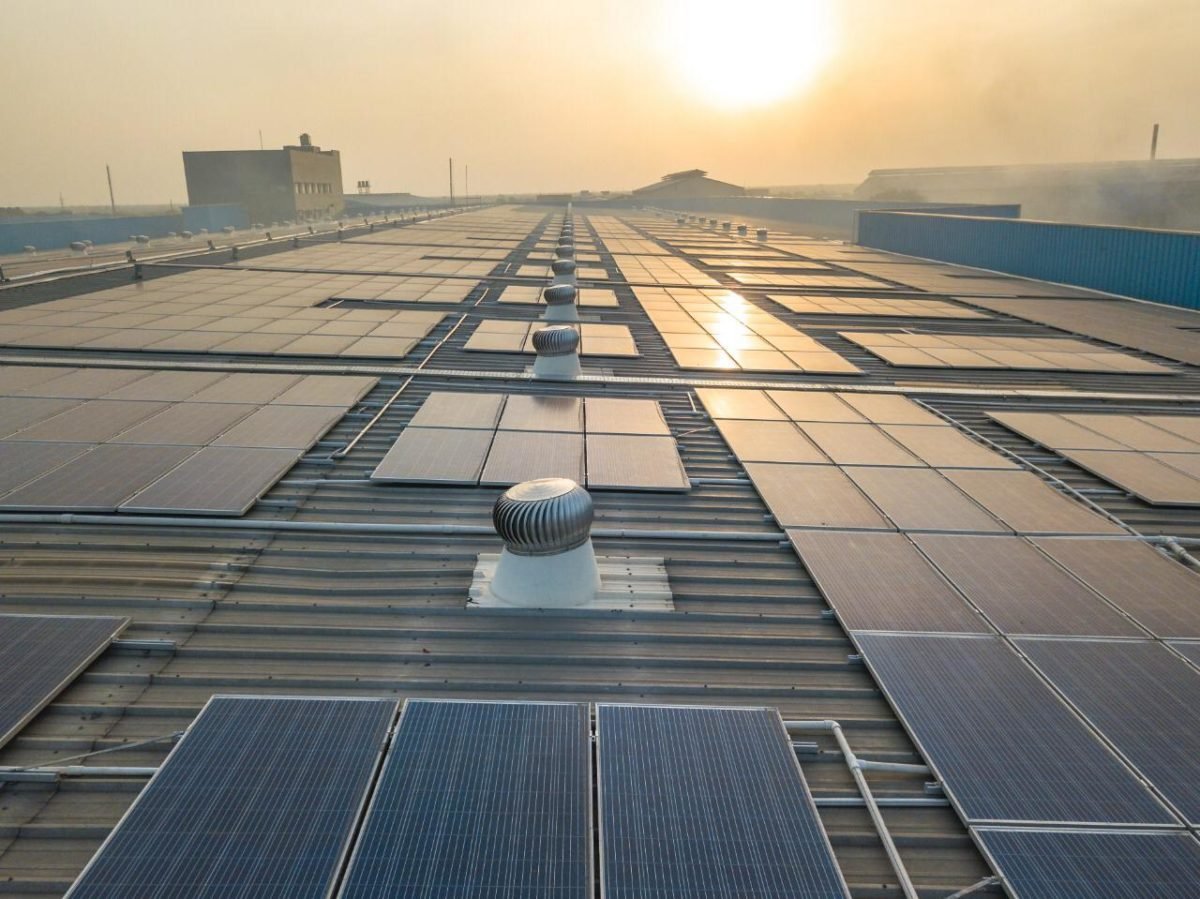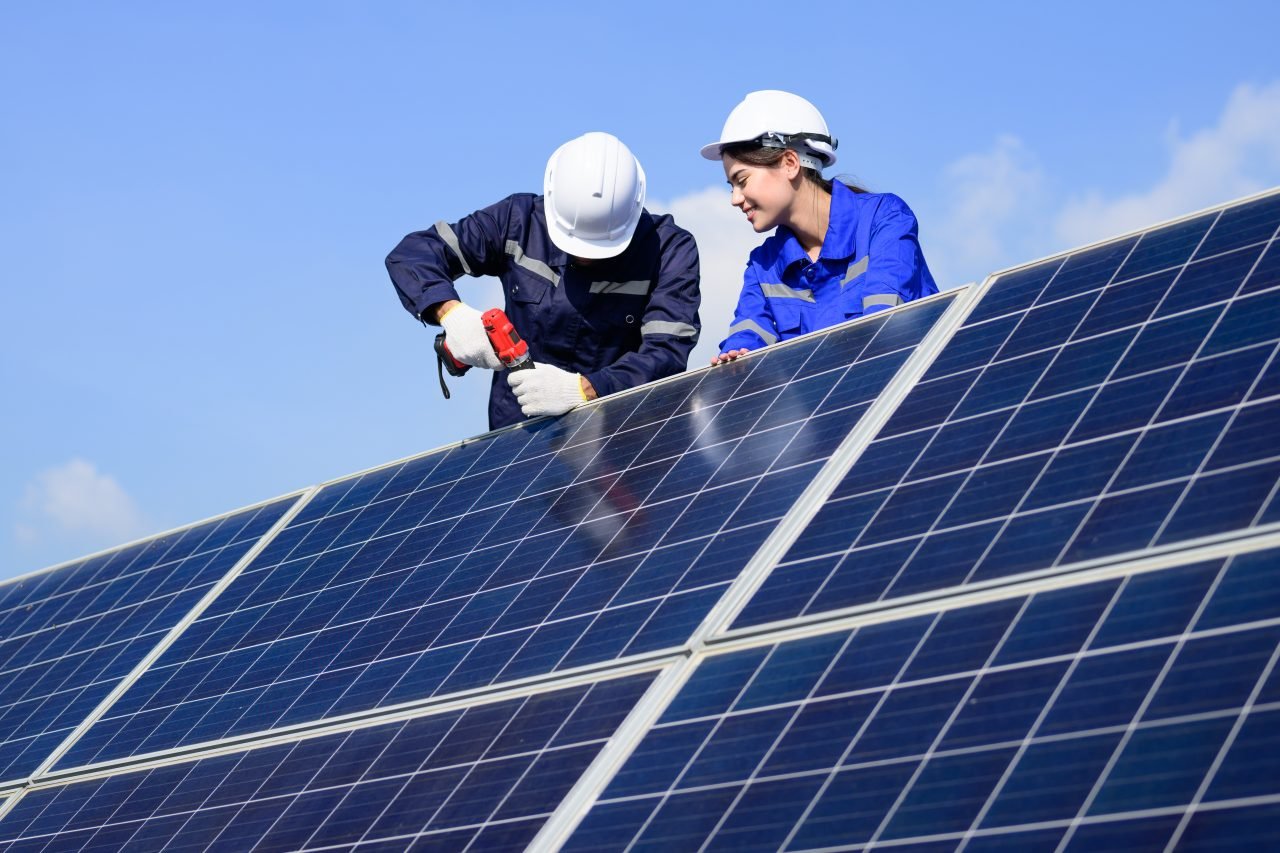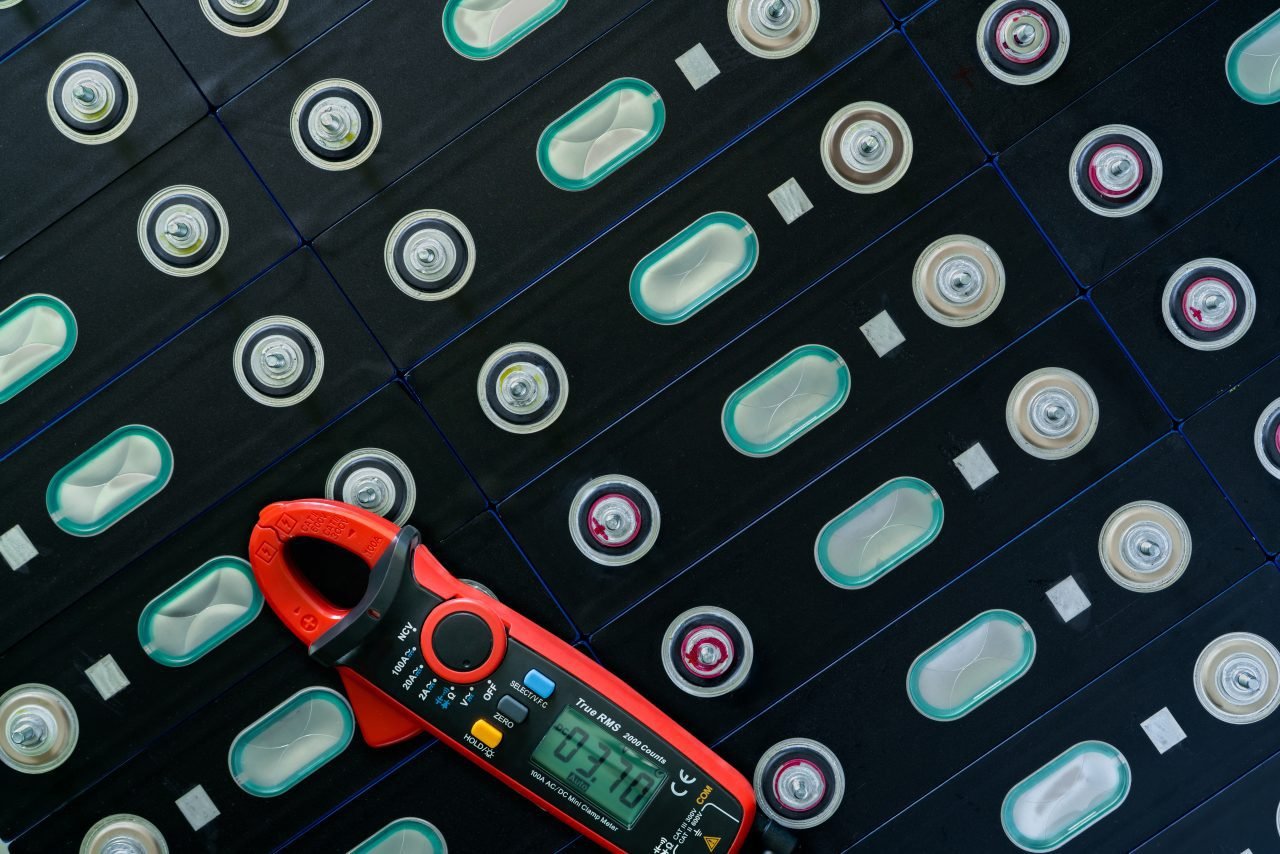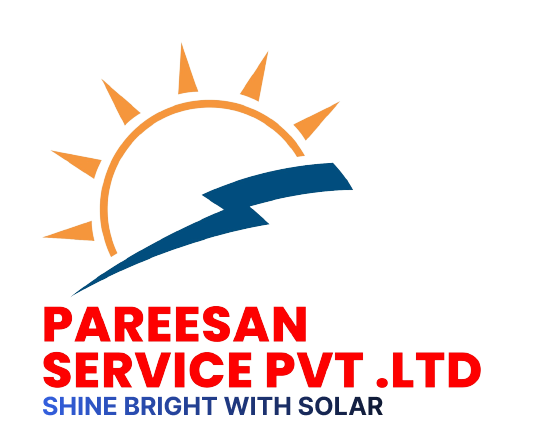Rooftop solar involves installing solar panels on the roof of a building to capture sunlight and convert it into electricity. This is a popular method for residential, commercial, and industrial buildings to harness solar energy.


Cost Savings

Environmental Impact

Energy Independence

Increase Property Value
Photovoltaic Cells: Solar panels consist of photovoltaic cells that convert sunlight into electrical energy.
DC to AC Conversion: The inverter converts the direct current (DC) generated by the solar panels into alternating current (AC) used by home appliances.
Installation: Panels are mounted on a rack system on the roof, designed to withstand various weather conditions and optimize solar exposure.
Energy Storage: Batteries can store excess energy for use when sunlight is not available, increasing the system’s efficiency and reliability.

These systems are connected to the electricity grid, allowing for net metering and energy credits.

These systems are not connected to the grid and are ideal for remote locations or for those seeking complete energy independence.

These systems offer both grid connectivity and energy storage for enhanced flexibility.

Highlight your company’s experience, certifications, and successful projects.

Emphasize personalized service, support, and satisfaction guarantees.

Detail the high-quality solar panels and components you use, ensuring durability and efficiency.
Encourage potential customers to contact you for a personalized quote or consultation.

info@pareesan.com